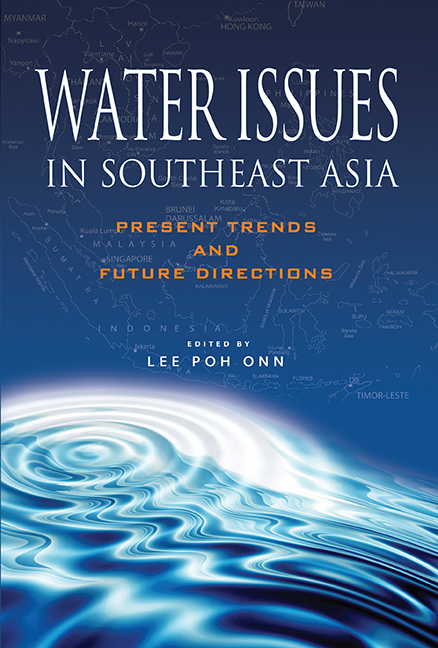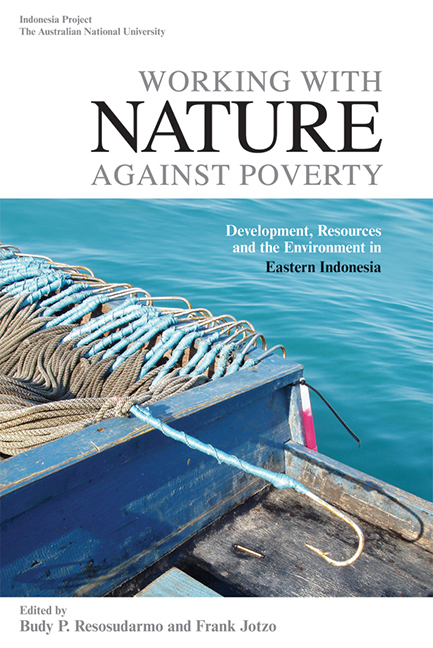Refine search
Actions for selected content:
3 results in Environment and Development Series

Clean, Green and Blue
- Singapore's Journey Towards Environmental and Water Sustainability
-
- Published by:
- ISEAS–Yusof Ishak Institute
- Published online:
- 21 October 2015
- Print publication:
- 14 October 2008

Water Issues in Southeast Asia
- Present Trends and Future Direction
-
- Published by:
- ISEAS–Yusof Ishak Institute
- Published online:
- 21 October 2015
- Print publication:
- 19 November 2012

Working with Nature against Poverty
- Development, Resources and the Environment in Eastern Indonesia
-
- Published by:
- ISEAS–Yusof Ishak Institute
- Published online:
- 21 October 2015
- Print publication:
- 14 May 2009
